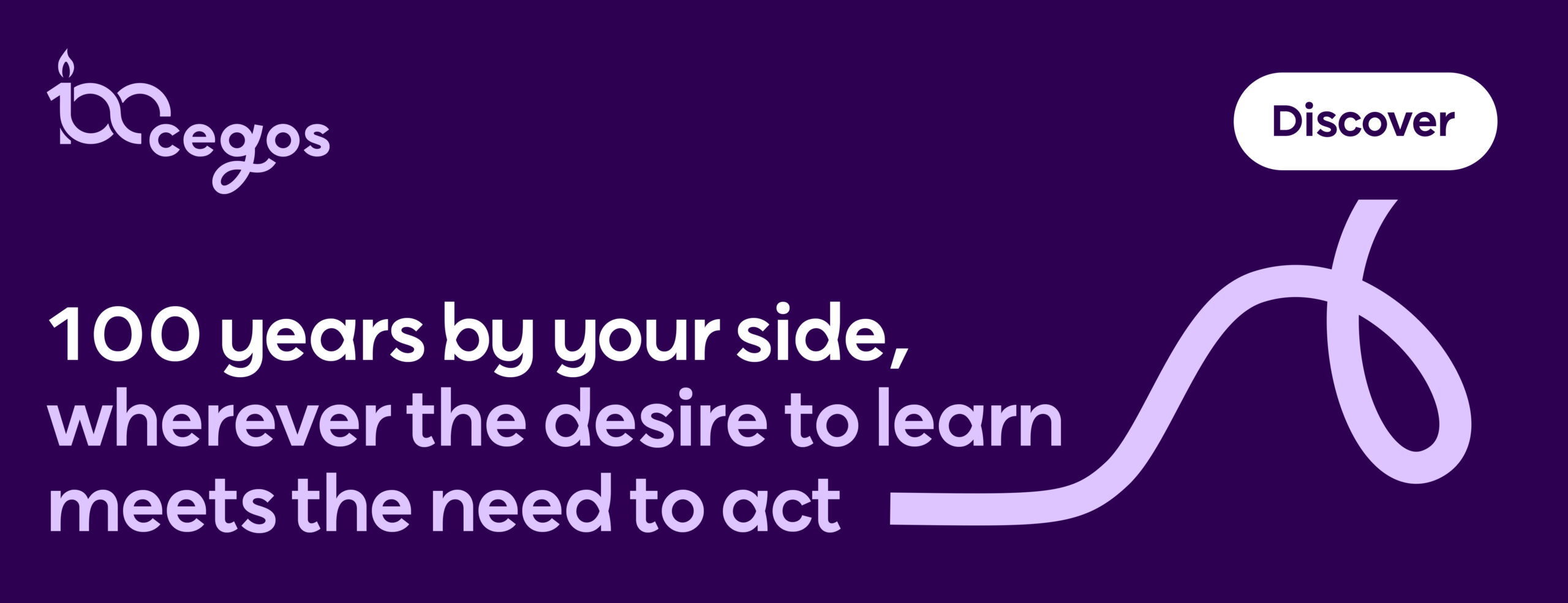

"Everything is daring for those who dare nothing" – Fernando Pessoa
Leadership in constant evolution
Every day, dozens of articles are written about leadership, debating what makes an excellent leader in today’s world. As a result of a constantly evolving society, I believe that almost all these articles might be right: what can be said with certainty is that the excellent leader is made up of a set of ever-changing skills and attributes.
Perhaps for this reason, the most common trait in exceptional leaders is adaptability: the ability to constantly respond to the demands of the market, the organisation, or the team.
But more than that, it is also necessary to see change not as a consequence, but as an opportunity to innovate, experiment, and grow.
Innovation is likewise a fundamental ingredient: in difficult and unpredictable environments, leaders must be bold enough not to focus only on solving immediate problems, but to look to the future with a broader perspective, interconnecting variables, and showing a willingness to take risks and make a difference.
The exceptional leader is the one who challenges the status quo, breaks away from old ways of thinking, and opens the path to the future.
Humility, authenticity and emotional intelligence
And if they make mistakes, they must have the ability to recognise them. Humility is a fundamental trait any leader aspiring to be exceptional must possess.
Being aware of one’s limitations, one’s actions, and the impact of one’s behaviours is essential.
Being humble is about acknowledging flaws and, above all, making an effort to change them, often seeking support from the team.
To do this, it is essential to be genuine and authentic; able to show who one truly is, making their vulnerability visible to others. Revealing vulnerability is also a sign of emotional intelligence.
One of the clearest signs of vulnerability and honesty is the leader’s ability to ask for feedback. By seeking open and honest feedback from their teams, they show that they are in a constant process of development and improvement.
Similarly, they express their emotions appropriately—be it gratitude, concern, frustration or joy—recognising that they do not have all the answers and are willing to delegate, trusting in the knowledge and decision-making abilities of others.

Leading with empathy and presence
Being aware of emotions, showing them, demonstrating genuine empathy, unwavering resilience, unquestionable trust and empathetic communication is what makes a leader human.
This humanisation allows the leader to understand both their own emotions and those of others, while empathy fosters genuine connections and strengthens bonds within the team. These characteristics empower the leader to face challenges with courage and determination, while trust inspires and motivates others to follow their lead.
No one is looking for authoritarian and rigid leaders anymore. People are looking for approachable, genuine leaders who truly connect with their teams, recognising and valuing their emotions, needs, and contributions. These leaders value authentic and transparent communication with the team. They share experiences, challenges, and successes, helping to build trust and empathy. They foster a culture of feedback, delivered constructively and with a focus on development, recognising achievements while also supporting improvement areas. They value individual personal growth as well as that of the team. That is why they are attentive to development.
There is no magic formula for everyone, and these leaders know it.
It takes time, genuine interest, and curiosity to understand each team member, both in terms of motivation and technical skill.
Only in this way is it possible to define specific and tailored action plans. They are, therefore, attentive leaders. They are capable of showing genuine empathy for their team’s personal and professional circumstances, recognising emotional needs proactively and anticipating potential difficulties.
Inclusion, well-being and the real challenge of leadership
They are inclusive leaders who value diversity: not content with just “playing music everyone likes”.
On the contrary, they create the conditions for everyone to dance, promoting an inclusive and diverse working environment in which every voice is heard and valued, regardless of background, gender, race, or other characteristics. They recognise well-being and happiness as fundamental pillars of team effectiveness, acknowledging the importance of work-life balance and encouraging their teams to invest in their health and well-being. They even promote conditions that make this possible.
This humanisation of leadership not only fosters a more positive and collaborative work environment. It builds bonds with each team member, contributing to engagement and motivation, supporting talent retention, and driving organisational success.
In short, I believe the exceptional leader is the one who stays alert, who challenges themselves, who is bold, who doesn’t simply aspire to be a leader, but a mentor and a coach. Who acknowledges that tomorrow is uncertain, and who faces future challenges with humility, always seeking to learn more. Who trusts their team, but also challenges them to go further and do things differently.
Boldness is at the heart of the real challenge faced by today’s leaders.
This article was originally published by Cegoc (Cegos' Portuguese entity).










